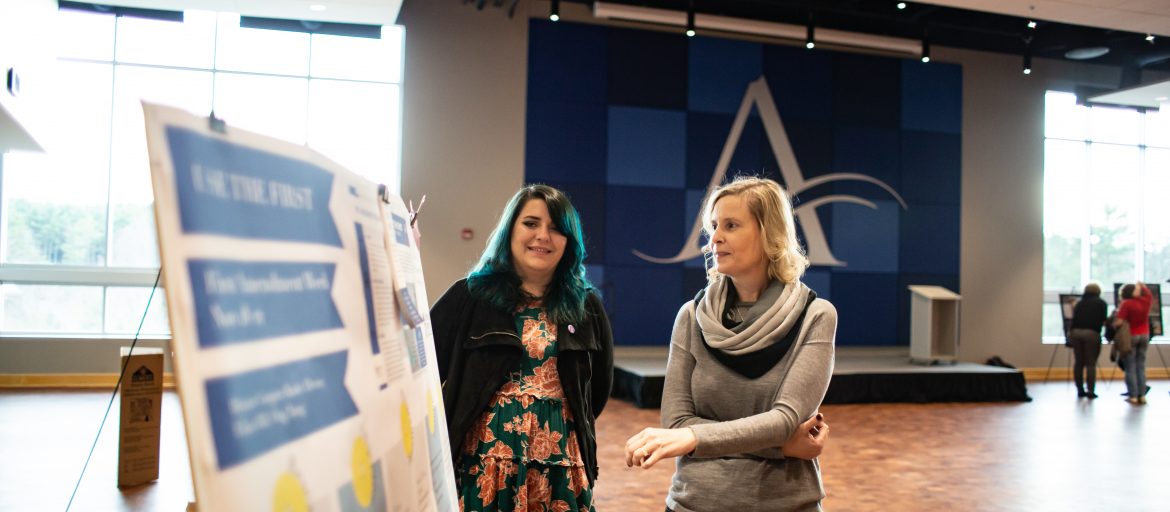Abstract
Nonrenewable energy production results in negative environmental ramifications including water and air pollution, habitat and landscape degradation, and long term global climate impacts. These environmental impacts are externalized so neither energy producers nor consumers are responsible for the full social costs of energy. Most energy consumers are unable to determine how their energy is generated or how much they pay for energy, so traditional energy markets do not reveal whether or not consumers would be willing to internalize these external costs by paying more for renewable energy technologies. A pilot study was conducted using a contingent valuation survey to determine if Buncombe County residents would be willing to pay more for renewable energy than for traditional Nonrenewable energy. The results show that 64.1% of respondents are willing to pay more for renewable energy on their monthly power bills. This information could be helpful for policy makers in assessing the appropriateness of North Carolina renewable energy standards. This information could also provide a basis from which to launch environmental campaigns supporting renewable energy. Finally, the data could be used by Progress Energy as they attempt to market energy rate increases.
How to Cite
Garrett, N., (2013) “Green for Green: Willingness to Pay for Renewable Energy in Buncombe County”, Capstone, The UNC Asheville Journal of Undergraduate Scholarship 26(1).
56
Views
48
Downloads
